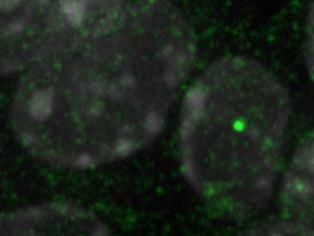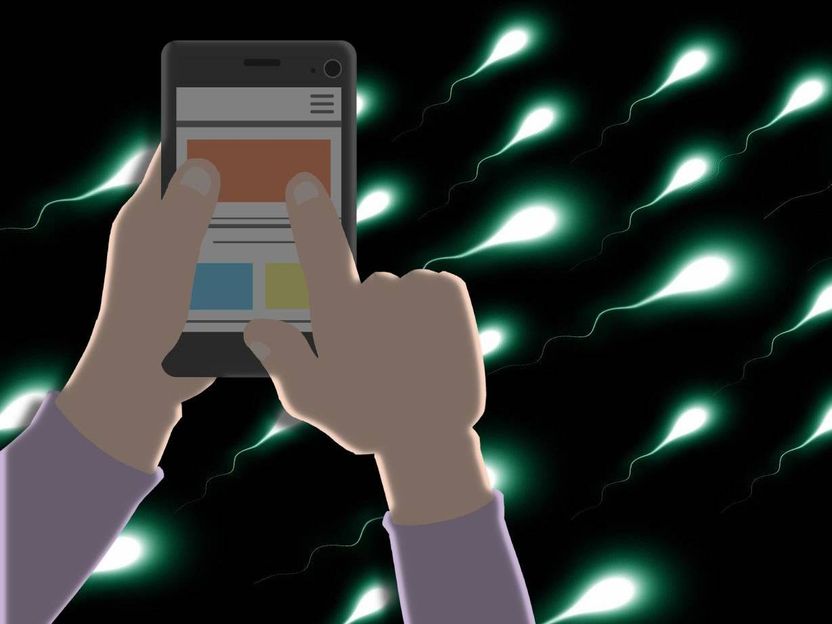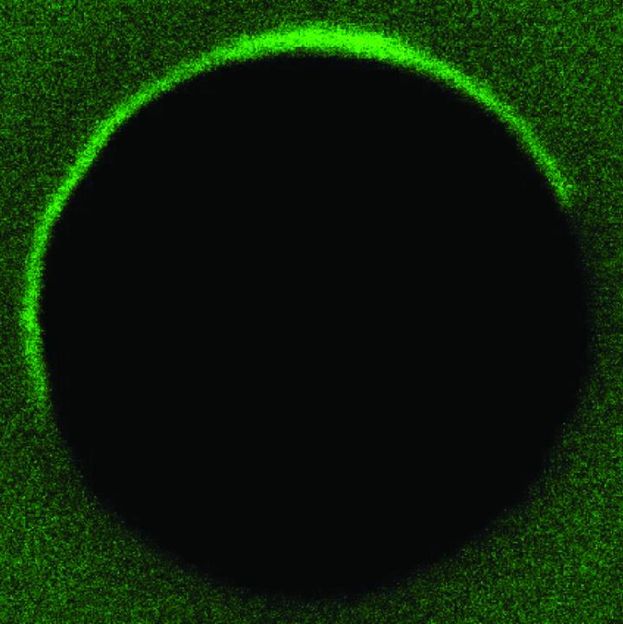'Liposuction leftovers' easily converted to IPS cells, Stanford study shows
Advertisement
Globs of human fat removed during liposuction conceal versatile cells that are more quickly and easily coaxed to become induced pluripotent stem cells, or iPS cells, than are the skin cells most often used by researchers, according to a new study from Stanford's School of medicine.
"We've identified a great natural resource," said Stanford surgery professor and co-author of the research, Michael Longaker, MD, who has called the readily available liposuction leftovers "liquid gold." Reprogramming adult cells to function like embryonic stem cells is one way researchers hope to create patient-specific cell lines to regenerate tissue or to study specific diseases in the laboratory.
"Thirty to 40 percent of adults in this country are obese," agreed cardiologist Joseph Wu, MD, PhD, the paper's senior author. "Not only can we start with a lot of cells, we can reprogram them much more efficiently. Fibroblasts, or skin cells, must be grown in the lab for three weeks or more before they can be reprogrammed. But these stem cells from fat are ready to go right away."
The fact that the cells can also be converted without the need for mouse-derived "feeder cells" may make them an ideal starting material for human therapies. Feeder cells are often used when growing human skin cells outside the body, but physicians worry that cross-species contamination could make them unsuitable for human use.
The findings are in the Proceedings of the National Academy of Sciences. Longaker is the deputy director of Stanford's Stem Cell Biology and Regenerative Medicine Institute and director of children's surgical research at Lucile Packard Children's Hospital. Wu is an assistant professor of cardiology and radiology, and a member of Stanford's Cardiovascular Institute.
Even those of us who are not obese would probably be happy to part with a couple of pounds (or more) of flab. Nestled within this unwanted latticework of fat cells and collagen are multipotent cells called adipose, or fat, stem cells. Unlike highly specialized skin-cell fibroblasts, these cells in the fat have a relatively wide portfolio of differentiation options—becoming fat, bone or muscle as needed. It's this pre-existing flexibility, the researchers believe, that gives these cell an edge over the skin cells.
"These cells are not as far along on the differentiation pathway, so they're easier to back up to an earlier state," said first author and postdoctoral scholar Ning Sun, PhD, who conducted the research in both Longaker's and Wu's laboratories. "They are more embryonic-like than fibroblasts, which take more effort to reprogram."
These reprogrammed iPS cells are usually created by expressing four genes, called Yamanaka factors, normally unexpressed (or expressed at very low levels) in adult cells.
Sun found that the fat stem cells actually express higher starting levels of two of the four reprogramming genes than do adult skin cells — suggesting that these cells are already primed for change. When he added all four genes, about 0.01 percent of the skin-cell fibroblasts eventually became iPS cells but about 0.2 percent of the fat stem cells did so — a 20-fold improvement in efficiency.
The new iPS cells passed the standard tests for pluripotency: They formed tumors called teratomas when injected into immunocompromised mice, and they could differentiate into cells from the three main tissue types in the body, including neurons, muscle and gut epithelium. The researchers are now investigating whether the gene expression profiles of the fat stem cells could be used to identify a subpopulation that could be reprogrammed even more efficiently.

































































